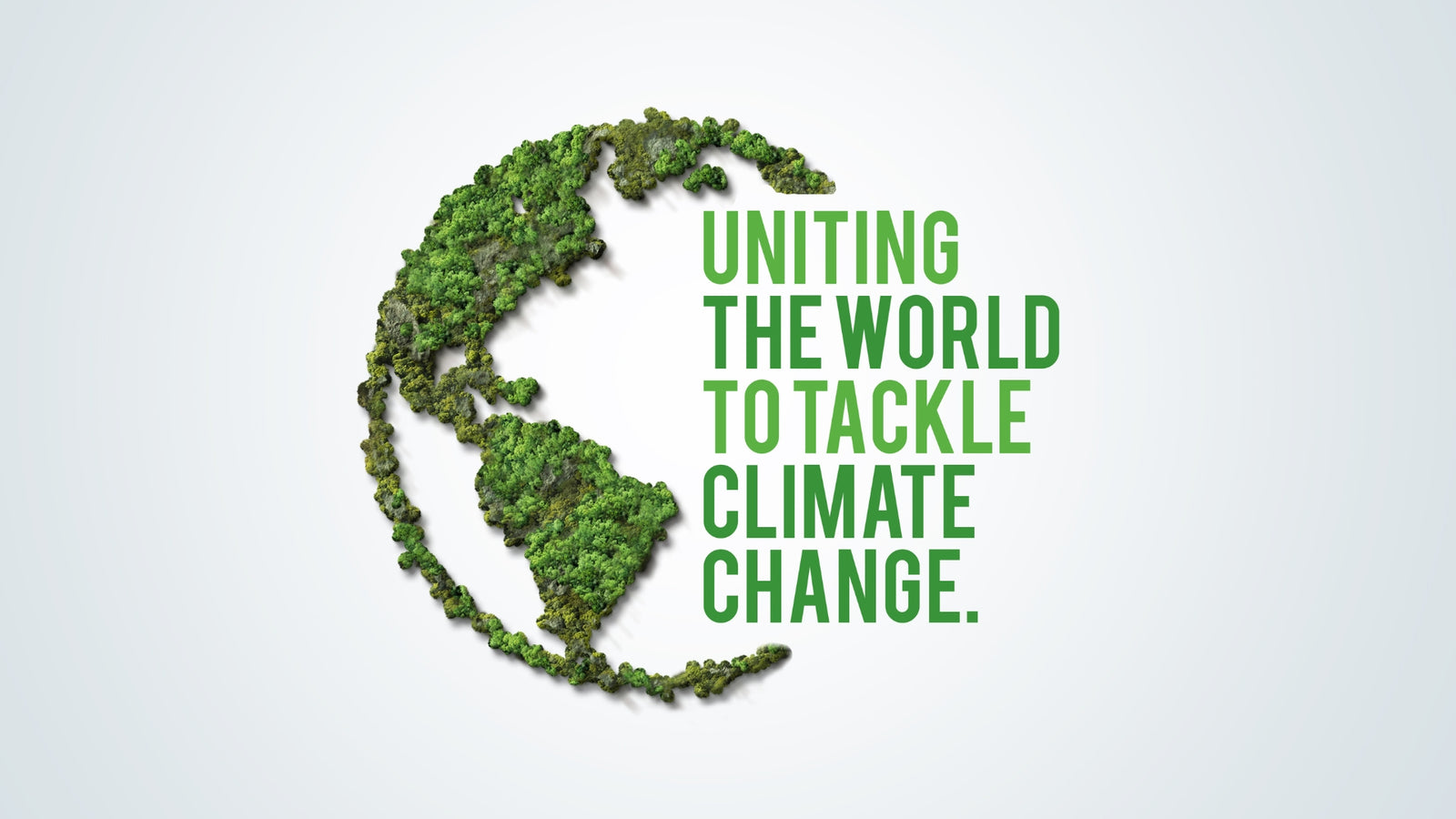Key Observations from Climate Week at the United Nations General Assembly

As an attendee at the recent Climate Week held at the United Nations General Assembly in New York, our team was privileged to witness a series of thought-provoking discussions and presentations. This week-long event brought together global leaders, policymakers, innovators, and stakeholders focused on addressing the urgent challenges of climate change.
Among the various topics discussed, four trends stood out as pivotal for the future of our planet: green energy jobs and training, wildfires and catastrophe-related fintech investments, inclusion of indigenous communities in the energy transition, and project finance across Mexico.
Green Energy Jobs and Training
One of the most compelling discussions centered on the future of jobs within the green energy sector. As the world accelerates towards clean energy solutions, the demand for skilled labor in renewable energy industries is skyrocketing. During the event, experts emphasized the need for comprehensive training programs to equip workers with the necessary skills. Transitioning to a green economy will mitigate climate change and create millions of jobs globally.
Training initiatives are being developed to target various demographic groups, including women and underrepresented minorities, ensuring diversity and inclusivity within the workforce. Keynote speakers Mike Purnell and Kijana Mack highlighted successful models of public-private partnerships aimed at developing skill-building programs in solar energy, wind energy, and electric vehicle charging. By providing the workforce with relevant training, we can drive the clean energy revolution while fostering economic growth and stability.
Wildfires and Catastrophe-Related Fintech Investments
The increasing frequency and severity of wildfires and other climate-induced catastrophes have sharply focused on innovative financial solutions to mitigate these risks. Discussions at Climate Week revealed a surge in fintech investments tailored to address the insurance and risk management needs arising from such disasters.
Technological advancements such as satellite imagery, artificial intelligence, and machine learning are being harnessed to predict and reduce the impact of wildfires. Insurtech startups are developing sophisticated risk assessment tools that enable insurers to offer more accurate and affordable coverage for communities vulnerable to natural disasters. These fintech solutions are critical for enhancing disaster preparedness and ensuring swift recovery after such events.
Inclusion of Indigenous Communities in the Energy Transition
Another critical trend echoed throughout the discussions was the imperative to include indigenous communities in the global energy transition. Indigenous peoples possess invaluable traditional knowledge and a deep connection to their lands, which can significantly contribute to sustainable energy projects.
Speakers at the event emphasized the importance of engaging with indigenous leaders from the inception of energy projects, ensuring their voices are heard and respected. Collaborative approaches are being promoted to co-develop renewable energy initiatives that align with Indigenous communities' cultural and environmental values. We can create more resilient and sustainable energy solutions by integrating indigenous knowledge systems with modern technologies.
Project Finance across Mexico
Lastly, the spotlight was on project finance across Mexico, a country with vast potential for renewable energy development. Mexico's geographical advantages and growing demand for energy from nearshoring policies make it an attractive destination for renewable energy investments.
During Climate Week, discussions underscored the need for innovative financing mechanisms to support large-scale renewable energy projects in Mexico. These mechanisms include green bonds, public-private partnerships, and international financing models to accelerate the deployment of solar, wind, and hydroelectric power. Investing in Mexico's clean energy sector is crucial for meeting the country's climate targets and driving regional economic growth and job creation.
Climate Week at the United Nations General Assembly
The conversations during Climate Week at the United Nations General Assembly emphasized that the path to a sustainable future is multifaceted and requires concerted efforts across diverse sectors. Green energy jobs and training, fintech innovations for disaster risk management, the inclusion of indigenous voices, and strategic project financing in regions like Mexico are integral components of this journey. We must harness these trends to build a resilient and inclusive global clean energy ecosystem as we move forward.








